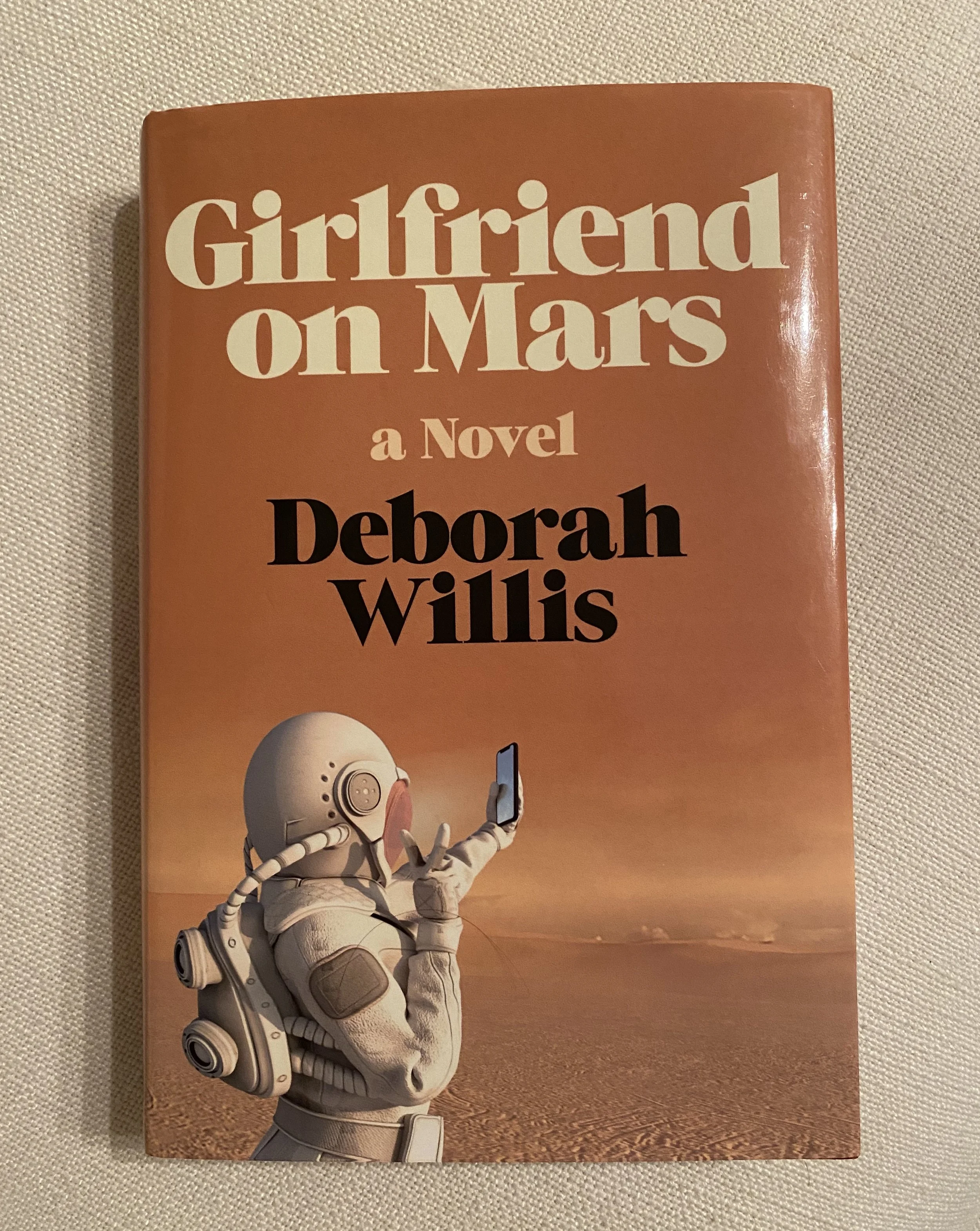4/5 stars
What's it about? Thoreau’s treatise on individualism and respect for the natural world originated from his two years of self-sufficiency beside the shores of Walden Pond. A blend of philosophy, memoir, and field guide, Walden urges readers to shed frivolity and experience life at its simplest.
How’d I find it? Though a longtime resident of the TBR list, Thoreau became a pressing read. I borrowed my spouse’s copy for the occasion.
Who will enjoy this book? Rather than who, Walden requires guidance on how to read it: ever so slowly. A chapter a day was the perfect amount to chew at a time. If you liked Jon Krakauer’s Into the Wild, this book will speak to you.
What stood out? The questions of truth and resistance in Walden are relevant no matter when you read them, and Thoreau’s descriptions of the flora and fauna he encounters around Concord provide context for his experiment in the woods. A time capsule of 19th-century Americana.
Which line made me feel something? “The winds which passed over my dwelling were such as sweep over the ridges of mountains, bearing the broke strains, or celestial parts only, of terrestrial music. The morning wind forever blows, the poem of creation is uninterrupted, but few are the ears that hear it. Olympus is but the outside of the earth everywhere.”









